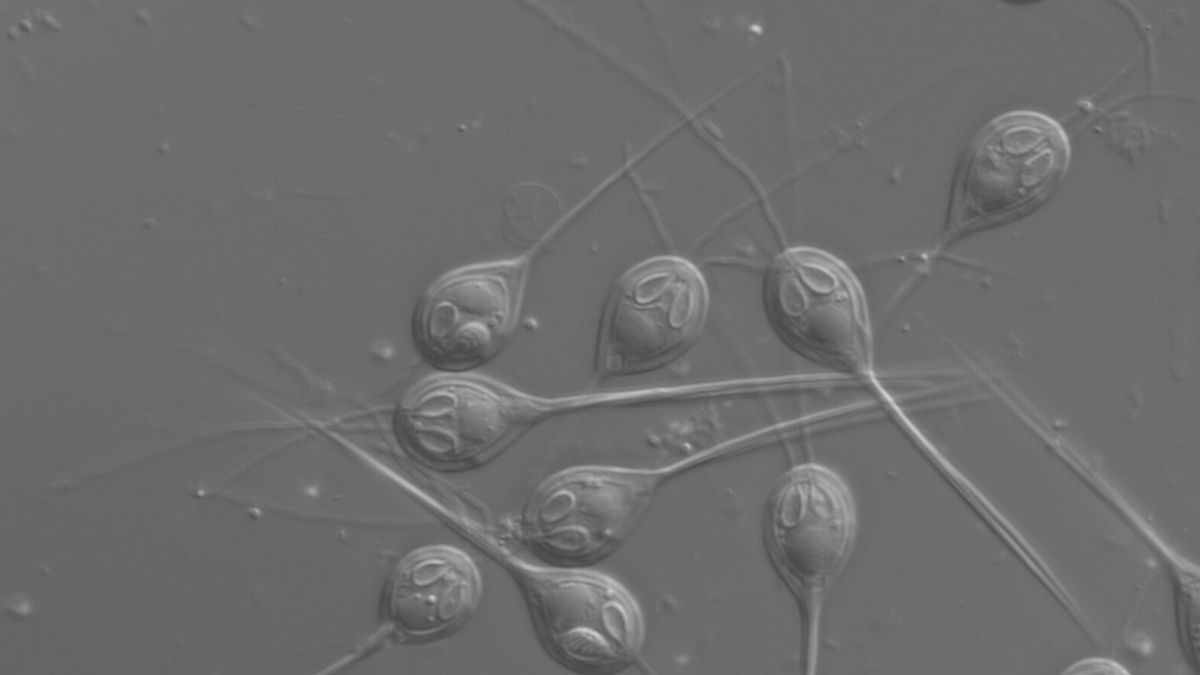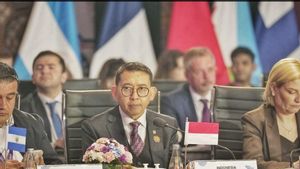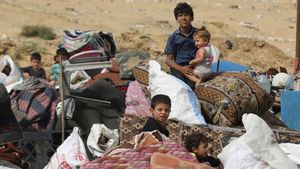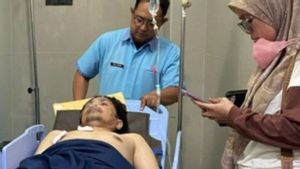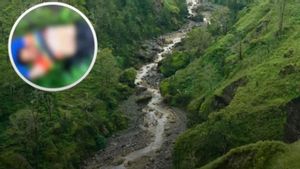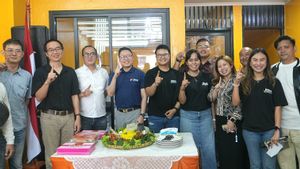JAKARTA - In this world, it turns out that there are animals that don't need to breathe to live. The parasitic animal named henneguya salminicola. When this animal immerses itself in the flesh of a fish, it cannot and does not need to breathe.
If only all human life was spent infecting muscle tissue in fish and underwater worms as did the salminicola, it probably wouldn't have had a chance to convert oxygen into energy. But according to a new study published in the journal Proceedings of the National Academy of Sciences in the United States, because salminicola doesn't have a respiratory genome, it doesn't need to convert oxygen to get energy.
Meanwhile, a microscopic analysis of the creature revealed that unlike other animals, salminicola does not have a mitochondrial genome. The mitochondrial genome is a small but important piece of DNA that is responsible for respiration or the entry and exit of air into and from the lungs.
The nature of the mitochondrial genome is an oddity in the character of parasitic animals. Unlike many parasites from the class myxozoa - a group of microscopic animals that resemble jellyfish - salminicola is more like the ancestor of jellyfish but which has evolved.
"They have lost their tissue, their nerve cells, their muscles, everything," Dorothee Huchon, an evolutionary biologist at Tel Aviv University Israel, told Live Science. "And now we have them lose their ability to breathe."
According to Huchon, this genetic downsizing has an advantage for parasites like salminicola, which thrive by reproducing rapidly and frequently. This salminicola parasite is relatively tame, unlike most parasites which are still in the same family which pose a threat to fish and fishermen.
This parasite can be found from the flesh of white fish. Fish that have salminicola are fish infected with a disease called tapioca.
When viewed under a microscope, this salminicola looks like a blue sperm cell with two tails and a pair of oval eyes like alien.
The English, Chinese, Japanese, Arabic, and French versions are automatically generated by the AI. So there may still be inaccuracies in translating, please always see Indonesian as our main language. (system supported by DigitalSiber.id)
